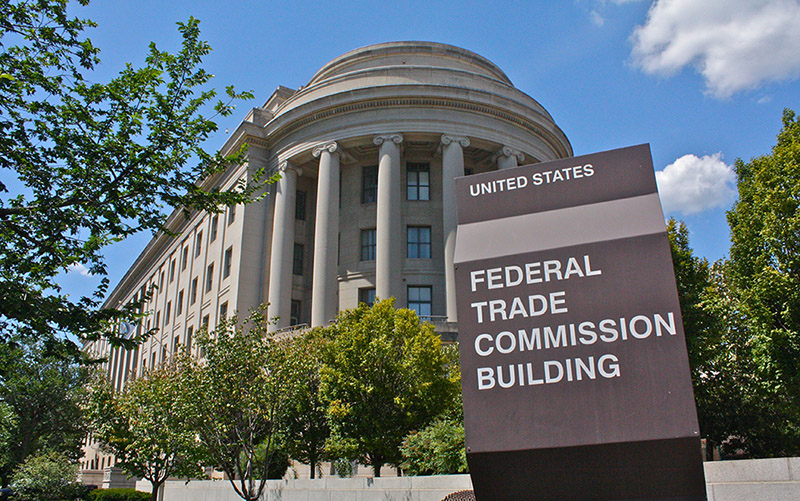Including language in your contracts or agreements that bar your customer from writing a negative online review is not only bad form, it’s against the law.

Last week, the Federal Trade commission (FTC) issued orders against three business for including illegal “non-disparagement” language in their contracts with consumers that attempt to limit negative reviews. This is the first time that the FTC has taken enforcement action against the use of disparagement clauses that violate the Consumer Review Fairness Act.
What Is A Non Disparagement Clause?
Non disparagement clauses are attempts by a business to bar consumers from posting negative online reviews or threatening them with legal actions if they do by so stating in their statement of work.
The three companies were each in different industries and had slightly different policies but all attempted to use a heavy contractual language to effectively scare consumers away from the idea of leaving a negative review.

From the FTC announcement:
Pittsburgh-based A Waldron HVAC used a “confidentiality clause” in its form contracts that – among other things – imposed “the actual amount of damages suffered or two times the contract price” if a consumer told anyone about the terms of the contract. In addition, the clause provided that “Customer also agrees not to file any complaints with the Better Business Bureau.”
National Floors Direct, a Massachusetts company, included a “non-disparagement” clause in its form contracts that imposed financial penalties “not to exceed three times the monetary value of this order, plus attorney’s fees” if consumers “publicly disparage or defame National Floors Direct in any way or through any medium.”
Then there’s LVTR LLC, which consumers may know as Las Vegas Trail Riding. Among other things, their form contract included this provision: “I agree not to call Animal Control or any governmental agency or individuals if there is a discrepancy to how the horses/ animals or property are taken care of.” If consumers “report anything” or make contact with “any persons or agency,” the form contract said the company would assess “a minimum of $5,000 in damages” and hold them “responsible for all fines” and the cost of “our legal representation.”
What Penalties Did The FTC Impose?
The companies that were accused of the behaviors had to agree to stop using the contract language that restricted consumer rights to right review. In addition the accused companies had “to notify… customers with whom they entered into form contracts containing allegedly illegal non-disparagement clauses,… that the non-disparagement provisions are void and cannot be enforced, and that those customers can publish their honest reviews, even if their comments are negative.”
While the penalties are minor, the companies agreed to file on-going compliance reports and when the FTC issues a final consent order, any additional violations will result in civil fines of up to $42,530 per violation.
Regardless of the fine, this enforcement is significant in that it, along with other recent FTC review violation enforcements, indicates that reviews have finally hit the radar of the legal bodies tasked with oversight. That is a good thing.
The History Of Non Disparagement Clauses In The Online Review Space
These sort of contracts because popular in the medical industry in the 2010-12 timeframe when a company called Medical Justice advised doctors used their contracts as a way to “protect physicians from frivolous law suits”.
The efforts were widely criticized by the likes of free speech advocates life the EFF as well as legal scholars and review sites.
Most importantly these contracts led to public outcry and lawsuits and were largely discredited and abandoned by the time Congress passed the Consumer Review Fairness Act to formally ban the practice in 2016.
Read The Memo
I had thought that by the time Congress passed the law in 2016 that it was like closing the barn door after the cow had already left. And that most businesses had gotten the memo that these clauses were likely to lead to consumer outrage and lawsuits. Even Medical Justice disavowed the practice.
I was obviously mistaken. Read the memo – if you are using this sort of language in your contracts you should remove it immediately and stop the practice.
The fact that companies are still attempting to bully consumers into not leaving negative reviews indicates that all too many businesses are still attempting to somehow hide from the reality of public reviews. It is mind boggling.
Obviously it is past time for these businesses to start embracing the world of online reviews and view every review as an opportunity to improve and enhance their business. (Ok, almost every review.)
